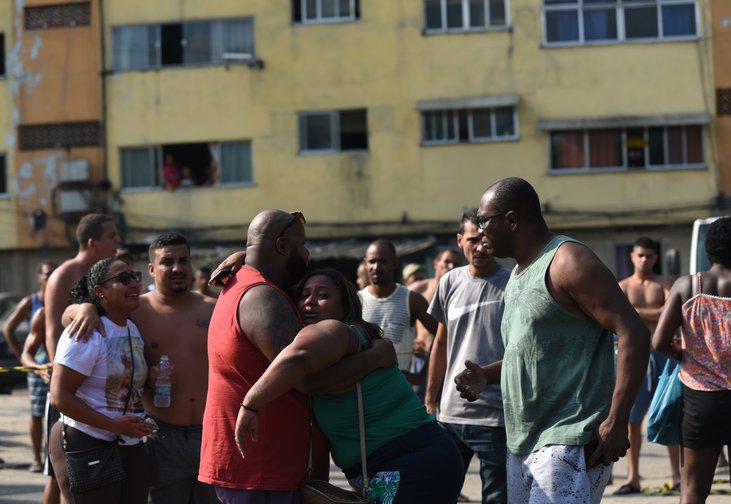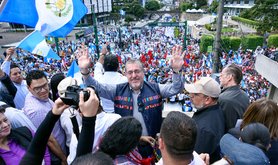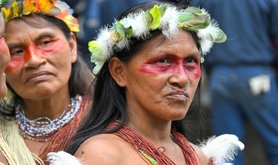In a similar vein last year, Marcos Vinícius, a child of only 14 years old and the son of Bruna, was brutally shot in one of these operations. Up until this day, his mother keeps the school uniform he was wearing the day he was murdered by the police.
The security package, which proposes amplifying what is considered as acting in self-defence, allows for judges to stop applying the law in cases where the police acted with excess, but out of ‘justified fear, surprise, or violent emotion’, becoming a license to kill based on the radical and violent discourse of the government.
It is this discourse that has been directed against those who live in a vulnerable situation or those who are perceived as different to those included in the government’s current national strategy. We musn’t forget the famous declaration of the president that the only error of the dictatorship was “to torture rather than to kill”.
The homicide rates are terrifying and point to a potential extermination policy of the black civilian population, or at the very least, a policy that values the life of certain groups over others.
The international community and local civil society groups must continue raising their voices to protect and promote human rights of those who find themselves on the wrong side of these backslides.
It’s important to point out that the Inter-American Court determined that structural racism permeates through the Brazilian police force and the State, who must take steps to reduce police violence and fatalities, especially in the state of Rio de Janeiro, according to the case Favela Nova Brasilia, litigated by CEJIL and ISER.
However, at this moment, Brazil appears to be taking significant steps backwards. Security operations carried out by Brazilian police are not only against domestic law, given the death penalty is currently illegal in Brazil, but they also violate human rights and international humanitarian law.
We must understand ‘Black Lives Matter’ as a battle cry, from Brazil, across the Americas and beyond, and must not forget about the many lives unnecessarily lost due to the brutal actions of the Brazilian police.







Comments
We encourage anyone to comment, please consult the oD commenting guidelines if you have any questions.